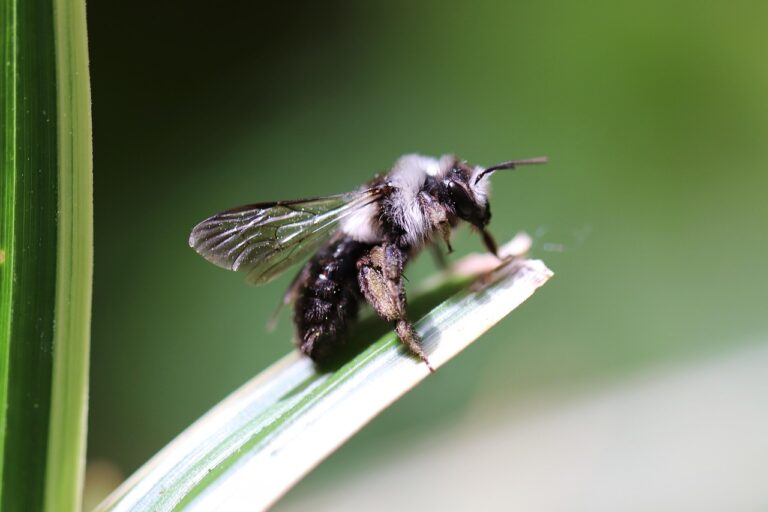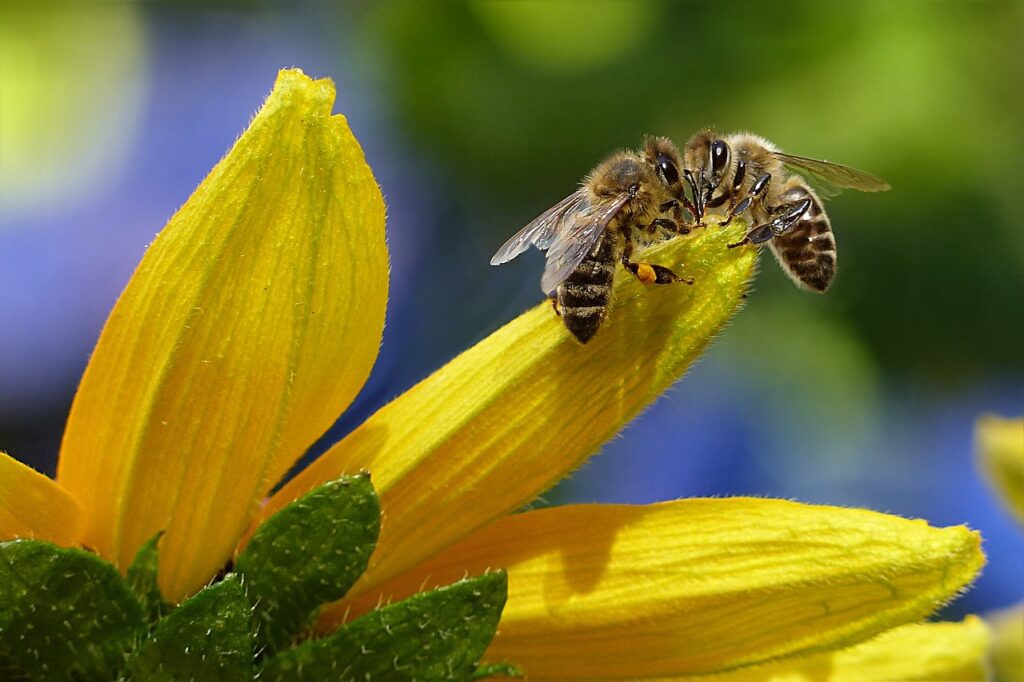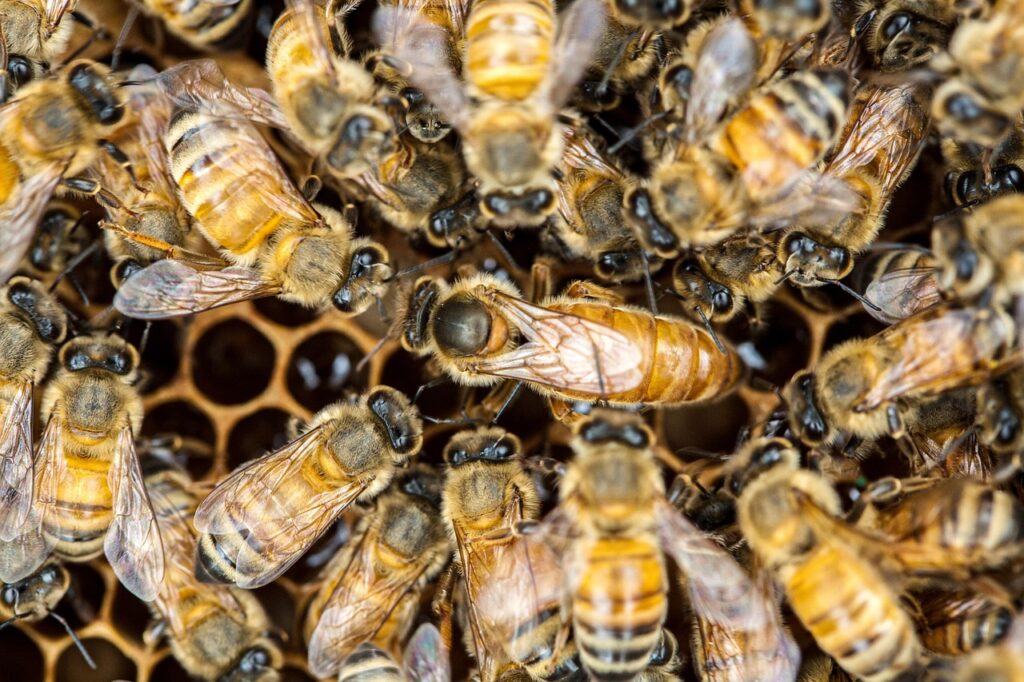How might challenging the honey bee myth change strategies for pollinator education?
Challenging the honey bee myth
The belief that honey bees are the sole or overwhelmingly dominant pollinators—is likely to transform pollinator education strategies in several impactful ways:
• Broadened Awareness of Bee Diversity:
Correcting this myth introduces learners to the vast diversity of bee species—over 20,000 worldwide—with many wild and native bees playing equally or more significant roles in pollination.
Education programs would expand beyond honeybees, increasing knowledge about solitary bees, bumblebees, and other native pollinators, as seen in studies where preservice teachers significantly improved understanding of bee diversity after targeted training[1].
• Enhanced Understanding of Pollination Ecology:
Dispelling the honey bee-centric view fosters a more holistic grasp of pollination processes, including varied bee behaviors and ecological niches. It addresses misconceptions such as pollen use and the differences in social structures among bees, improving conceptual accuracy[1].
• Shift from Honey Production to Ecosystem Services:
Education would emphasize pollination as a critical ecosystem service rather than focusing predominantly on honey production.
This shift encourages learners to appreciate pollinators’ roles in food security, biodiversity, and ecosystem resilience beyond honey[1][2].
• Encouragement of Targeted Conservation Actions:
With better recognition of diverse pollinators, educational strategies can promote specific, actionable behaviors like habitat creation for native bees and informed pesticide use.
It also supports advocacy for policies protecting wild pollinators, responding to more nuanced conservation challenges[1][3][4].
• Addressing Persistent Misconceptions:
New curricula would robustly tackle lingering misunderstandings—such as pollen’s role, bee life cycles, and the variety of bee products—through innovative, active learning approaches (e.g., project-based learning, expert seminars) shown to improve knowledge and environmental citizenship[1].
• Empowering Stakeholder Engagement:
By fostering deeper ecological literacy, education can motivate a broader audience—including teachers, students, farmers, and policy makers—to become advocates and practitioners of sustainable pollinator management, thereby strengthening community and institutional support for diverse pollinator health[1][3].
• Improved Media and Public Messaging:
Recognizing the media bias toward honey bees, education can equip individuals with critical thinking to challenge oversimplified narratives and seek comprehensive, evidence-based information about pollinators[5].
In summary, challenging the honey bee myth enhances pollinator education by promoting diversity awareness, ecological accuracy, behavior change, and community engagement, all essential for effective pollinator conservation and sustainable ecosystems.
This more comprehensive approach is vital to overcome current educational gaps and stimulate proactive environmental citizenship.
⁂
1. https://pmc.ncbi.nlm.nih.gov/articles/PMC11660922/
2. https://bioone.org/journals/tropical-conservation-science/volume-15/issue-1/19400829221126696/Peoples-Knowledge-and-Perceptions-Towards-BeePollinators-in-the-Southern-Highlands/10.1177/19400829221126696.pdf
3. https://nimss.org/projects/view/mrp/outline/19077
4. https://pollinators.msu.edu/sites/_pollinators/assets/File/Advocacy/Hall_Steiner_2019_Insect-pollinator-conservation-policy-innovations-at-subnational-levels-Lessons-for-lawmakers.pdf
5. https://resjournals.onlinelibrary.wiley.com/doi/10.1111/icad.12178



